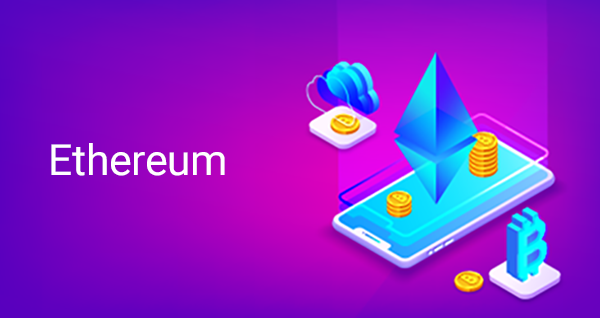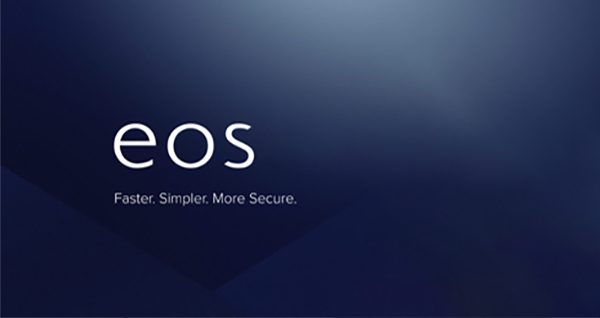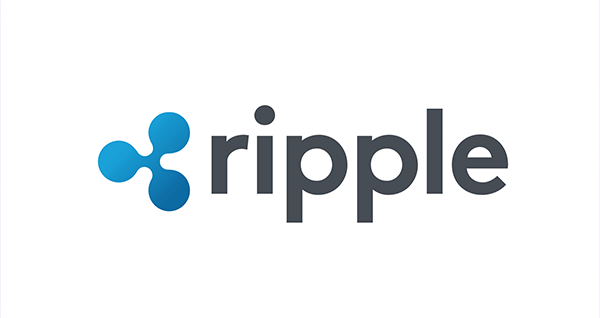5 Best Platform for Blockchain-Based Application Development
Still today the world is dominated by centralized technologies and is shifting towards the decentralized one to provide a more secure yet effective solution.
Smart and big companies have understood the potential & scope of blockchain solutions to build trust & authority. And these technological advances let them move ahead of the competition and help them scale their businesses.
For example, A UK based organization named “On-Line PLC” received increased traffic & higher proposals from investors by just changing its name to “On-Line Blockchain PLC”.
So, you got the idea!!
Now, moving toward our key topic Best Blockchain Platforms that allow one to create a decentralized world of technology.
But before that, I would like to mention some of the key factors that help you decide the best blockchain platform for your blockchain development.
Key Factors to choose the best platform for blockchain development
- Blockchain Networks: Private, Public or Permissioned
- Supported Languages: Python, Java, C, C++, JavaScript, etc.
- Consensus Type: Partioned, Proof of Work, Pluggable, etc.
- Pricing: Open Source, Free, or Paid
There are more than 25 platforms for building blockchain solutions, but here I have curated the list of 5 best platforms that help you build blockchain applications and do DLT(Distributed Ledger Technology) development with the most helpful toolkit.
- Ethereum:

- Network Type: Smart Contract and Public
- Pricing: Ether
- Language Support: Python, Go, C++
- Consensus Type: PoW (Proof of Work)
Launched in 2015, Ethereum is the second-largest cryptocurrency platform, behind Bitcoin. It is a decentralized open-source platform featuring smart contract functionality.
It has a native cryptocurrency called Ether(ETH). People globally are using ether to make payments. It facilitates the secure trading of smart contracts and cryptocurrency.
Ethereum follows a PoW consensus mechanism, which works comparatively slower in speed. Chances are it might completely switch to Proof of Stake(PoS) consensus algorithm soon.
This platform is most suitable to build cryptocurrency wallets, financial applications, decentralized markets, games & many more applications.
2. Hyperledger Fabric:

- Network Type: Permissioned
- Pricing: Open source
- Language Support: Python
- Consensus Type: Pluggable Framework
It’s a part of the Linux based Hyperledger platform. Fabric platform is a plug and plays the implementation of blockchain technology. It is designed as a foundation to develop high-scaling enterprise blockchain applications with a flexible degree of permissions.
Because of its unique architecture, it facilitates developers to customize individual deployments. Apart from that, its unique network capabilities of scalability, standard programming languages, efficient processing, enhanced privacy and modular structure make it a suitable blockchain platform for businesses.
The platform also offers decentralized hosting and decentralized storage of applications with the smart contract capability.
3. EOS

- Network Type: Permissioned
- Pricing: Open source
- Language Support: C++
- Consensus Type: Multi threading, Delegated Proof of Stake
Launched in June 2018 as open-source software, EOS is governed by a private company, Block.one. It is mainly designed for the development of dApps (Decentralized Applications).
The EOS platform facilitates smart contract development as well as the decentralized storage of the enterprise solutions that solve the scalability issues found in blockchains such as Ethereum & Bitcoin while eliminating the fees for all the users.
It offers an excellent way to secure and ease the way people exchange, buy, and trade datasets on smart contracts. The platform also has its community forum entitled “EOS forum” where developers discuss their queries related to blockchain technology.
4. OpenChain

- Network Type: Private
- Pricing: Open source, and free
- Language Support: Javascript
- Consensus Type: Partitioned
Openchain is a secured open-source distributed ledger technology platform developed by Coinprism. It is the choice of organizations wishing to issue and manage digital assets in a secure and scalable way.
It uses partitioned consensus and is more efficient than platforms that use proof of work. The platform also has the advantage of multi-signature support.
Since there is no miner in the OpenChain, there are no transaction costs and can be validated by the asset owner or through a digital signature, making it more efficient than other platforms.
5. Ripple

- Network Type: Permissioned
- Pricing: Open source, and free
- Language Support: Python
- Consensus Type: Probabilistic Voting
The ripple platform built-in 2012 is well known for cross-border payment solutions. It is popular among the community of payment providers, banks, and corporates.
It allows global payments through a digital asset known as Ripple or XRP, which has become one of the popular cryptocurrencies like Ether and Bitcoin.
It allows transactions in multiple blockchain assets like BTC/LTC, non-native assets & currencies like USD, Yen, etc.
Features like ‘issuance’ allow users to lock a particular asset and transfer the same and ultimately lowers the transaction cost, speeding up the transaction while maintaining transparency.
So, this is the list of 5 best blockchain platforms that enterprises and government authorities are using nowadays.

.jpeg)
